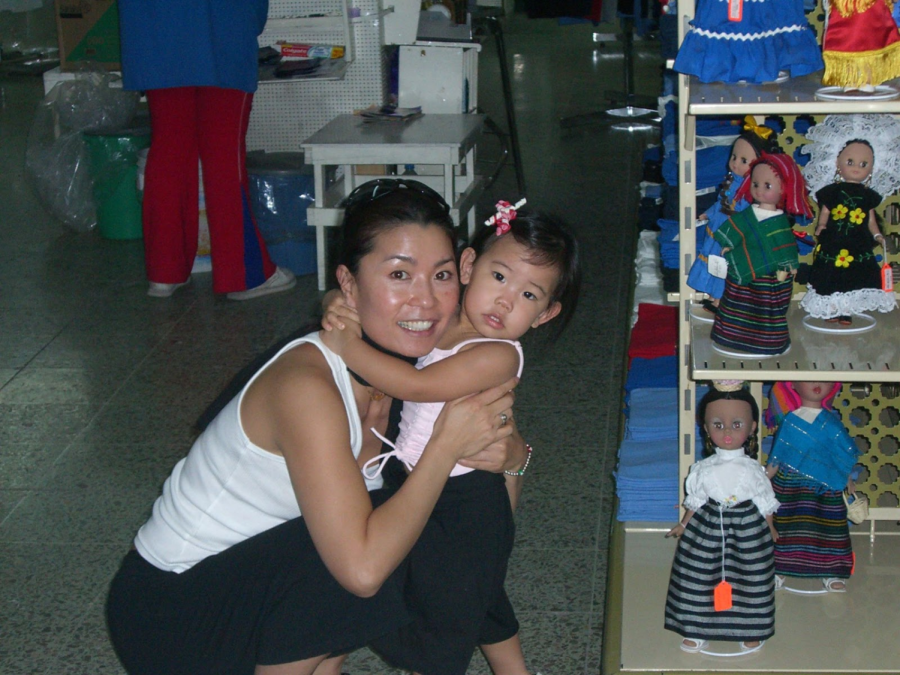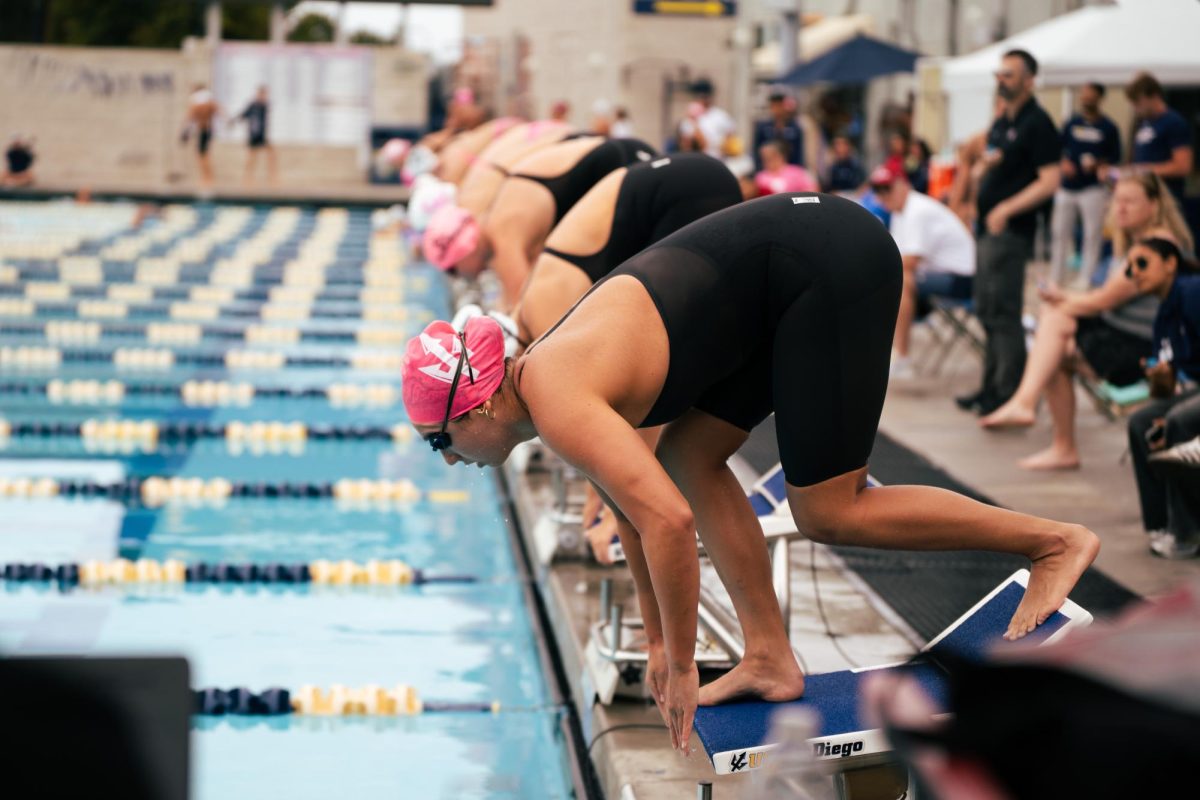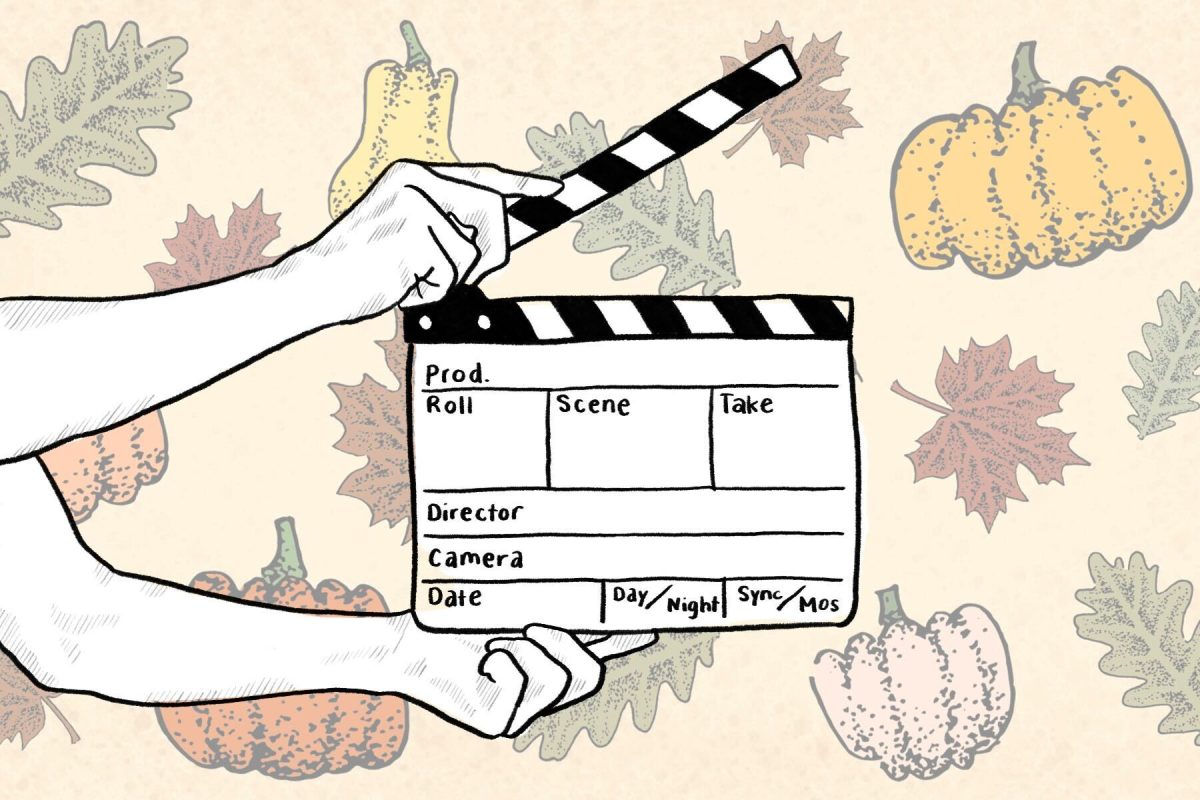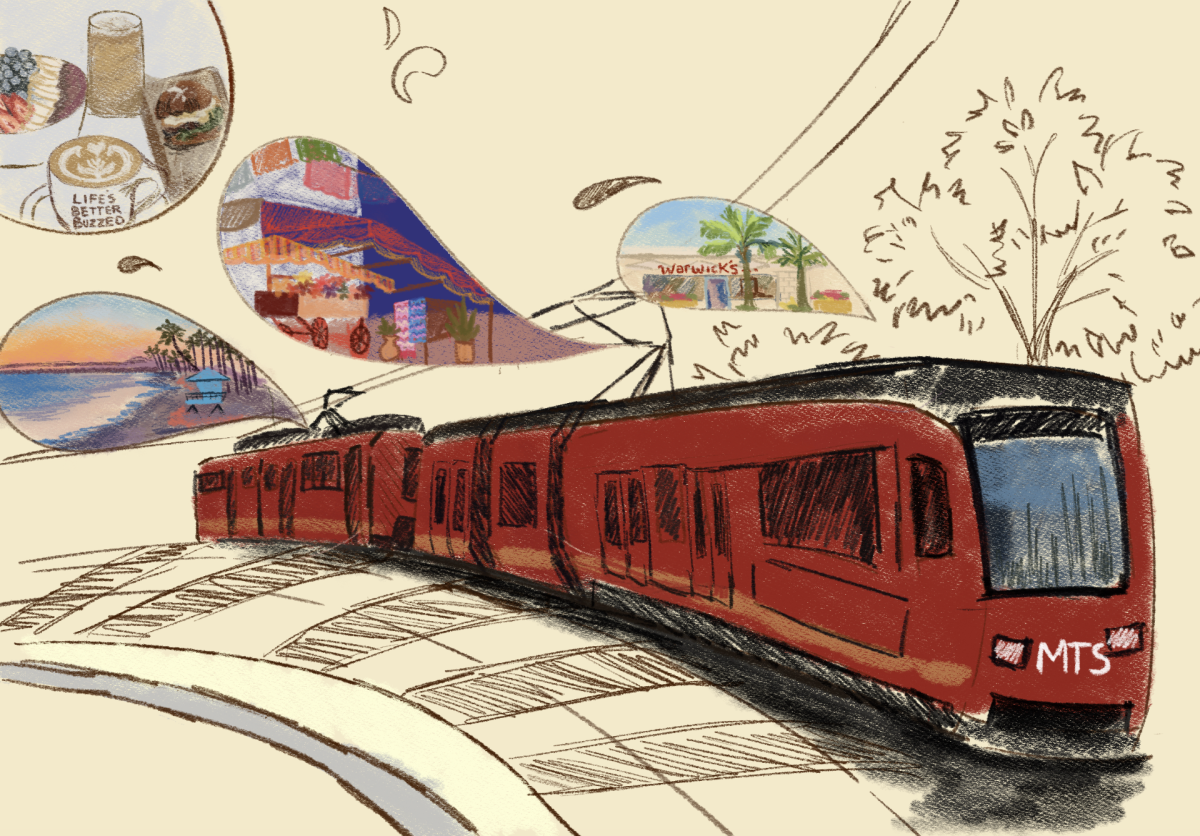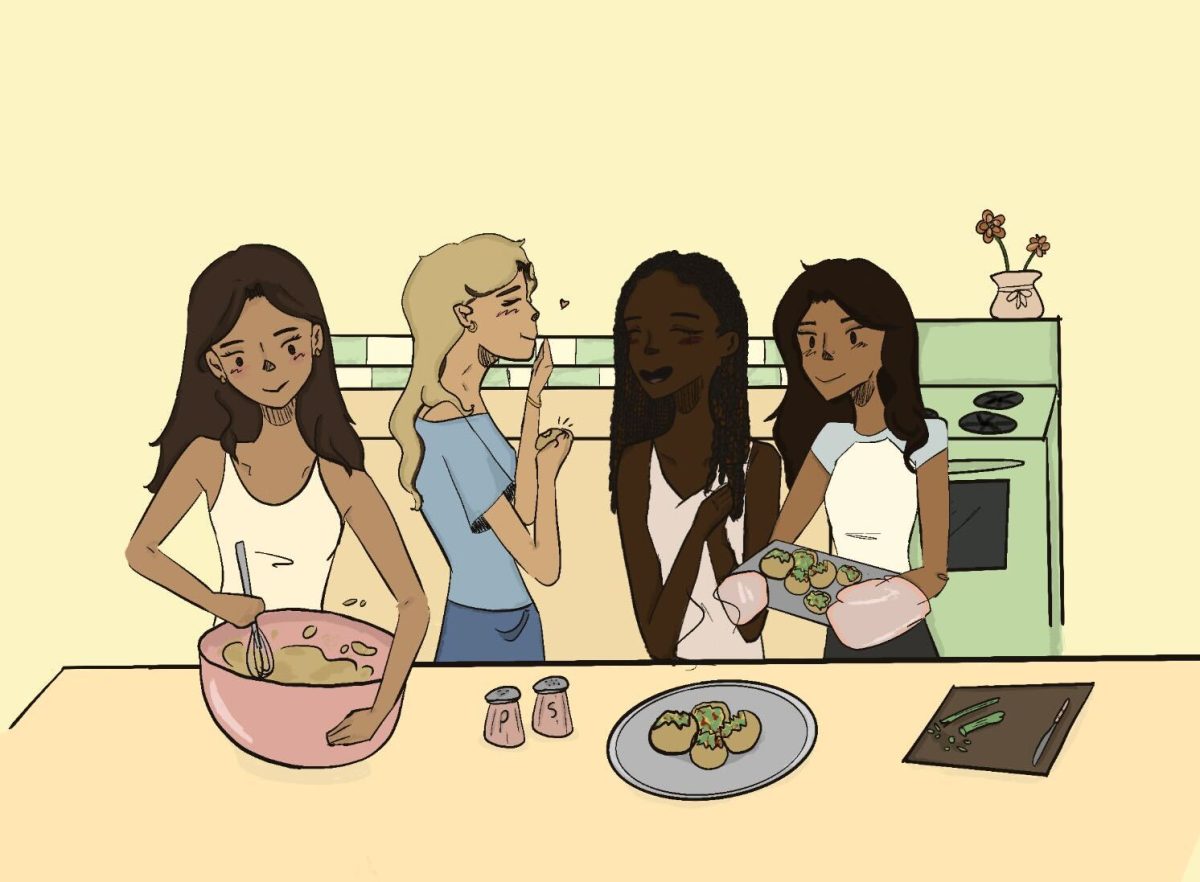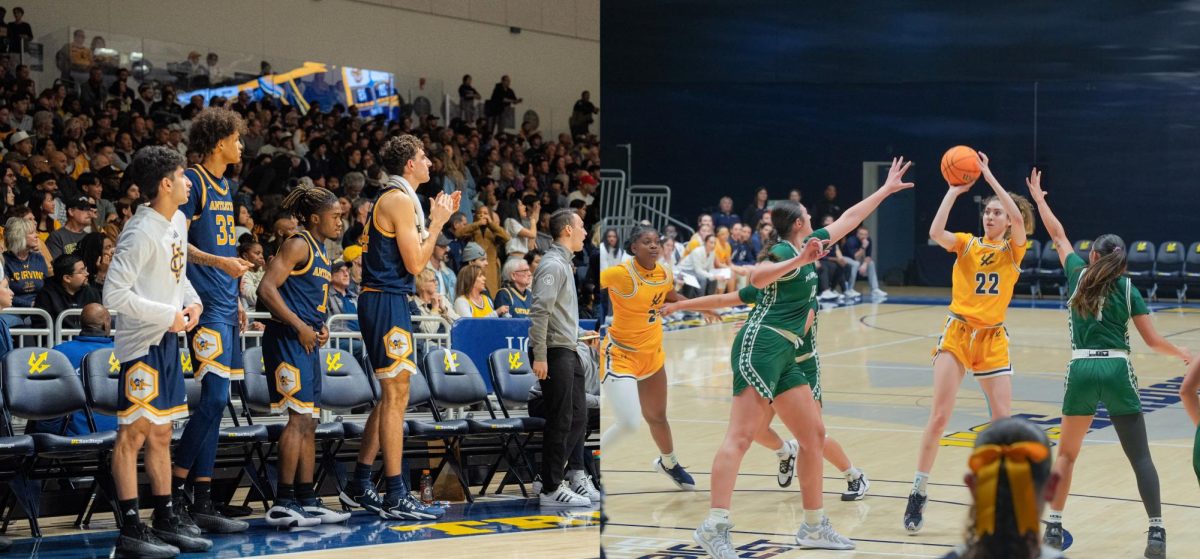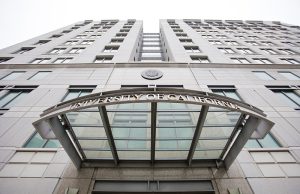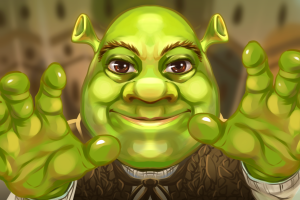The Yellow Envelope
May 14, 2023
Gummy, apricot-colored envelopes with metal clasps traverse the turbulence of USPS mail. These yellow envelopes sometimes carry diplomas, decreeing the completion of a high school education or varsity letters to young and promising athletes. Sometimes they carry official documents like social security cards or birth certificates. I’ve brought them to school, holding issues of my official home address so my district can confirm I live there or when enrollment needs official tax documents. But in all cases, these yellow envelopes mean “first class mail.” They mean that whoever is the recipient of the contents inside — whatever it may be — must receive them as soon as possible.
My mother is a first-generation immigrant from South Korea. She has four older sisters, one younger sister, and one younger brother. Both her parents died in a car crash when she was in middle school, and at the time, her oldest sister was nearing 30 years old. Her dream was to raise her own kids as fully as she could and give them the experience she was never able to have. In her early twenties, she became the first member of her extended family to step foot onto American land.
My parents met when my grandparents forced my dad to visit the homeland for the first time. My mom lived in Seoul and didn’t have enough money to attend a university. My dad barely knew the language, despite being of full Korean descent. My mom always said she was the most popular girl in school (much like most of our moms say), but I believe it. When she met my dad, she was dating another man and, in a series of very dramatized events, wrote her ex-boyfriend a letter telling him she found an American, and even better, a Korean one. My dad always said that if he came home with a woman of any other ethnicity, his father would never willingly see him again.
I grew up in a different place than both my parents: the exciting city of Pittsburgh, Pennsylvania. Pittsburgh is a quaint town hiding under the guise of a major city. The bus picked me up every morning before school and dropped me off at my house every afternoon. The emergency weather siren would ring every so often before an icy storm or a devastating heat wave. I would wake up on a Monday in December praying for that “snow day” phone call so I could stay at home and sled down white, powdery hills and litter snow angels all over the front yard. Trips to downtown were marked by staring and pointing at the neon “Heinz Ketchup” sign, which quickly became a staple of literally every meal I ate. “Terrible Towels” loitered around my house when a football game was on, and I still have an emotional attachment to the Steelers even though I have absolutely no interest in football.
But my time on the East Coast was also marked by the formation of my identity. I remember being one of two East Asian people in my grade, along with a girl who was half-white and half-Asian. Some days I would run into the kitchen and beg to help my mom make mandu (dumplings) even though I would complain about my hands hurting after folding the first five. Conversational Korean words became things I didn’t have to translate — even today, my mom responds better to Umma than “mom.” There are times I forget English words completely and accidentally say the Korean word for “clementine,” or keul, to my friends. I still experience the same rush of happiness when my mom tells me we’re having tteokbokki (spicy rice cake) for dinner as I did when I was little or when she tells me she bought Korean snacks from the Asian market. Eating dried cuttlefish and squid with her on the couch while watching K-dramas and K-pop interviews that I still need subtitles for has always been one of my favorite pastimes.
But some of my most significant memories from Pittsburgh took place in the car. Along with listening to PBS, watching “Little Einsteins” on DVD, and listening to a recording of the times tables on the radio, my mom and I would listen to a tape of questions from the United States Citizenship test. In the first grade, along with 6×6 = 36, I knew the answers to questions like “Who was the first president of the United States?” or “Name the three branches of government,” or “What is one right or freedom in the First Amendment?”
I still remember when my mom received her own yellow envelope in the mail, holding the most valued item an immigrant in America could wish for. I didn’t understand its importance at the time, but after that day, we never listened to the tape playing American government questions again, and I soon forgot what the first ten amendments of the Constitution were called.
While my mom did get her green card and citizenship through marriage, adjusting to the United States still wasn’t easy. America isn’t like South Korea. She said that she was disappointed once she found out that the states weren’t like the movies depicted — grand cities, beautiful forests, running rivers, and movie stars casually roaming the streets.
Once, in an elevator, an older white man peered at my mom and said “Konnichiwa” to her in full confidence. She looked him dead in the eyes, said “No,” and we got out on our floor. Every time my mom introduces herself, she says, “My name is Hee-won, like ‘He won the lottery’” because it’s a very difficult concept to understand that some people may have non-American names. Another time, our dog accidentally got out of the house, and a lady nearby cussed at my mom, thinking she wouldn’t understand the English swear words she spat out. My mom screamed back at her loud enough for the neighbors to be concerned. I was incredibly embarrassed. I didn’t understand that she was tired of people underestimating her because of her accent or physical features.
And yes, I laugh now and then when I look at our grocery lists and see “flower” instead of “flour” or receive a text asking if I want “brittos” for dinner (it took me a long time to figure out she was trying to say burritos), but I wouldn’t have it any other way. My mom — much like most immigrants in America — moved here to start her new future. And while she’s had it much easier than others, there are times when I wonder how happy she would be if she never came to America. She once told me and my brothers how she wished we could understand her humor because she promises she’s funnier in Korea. Or how, afterschool she would go to norebang (karaoke) with her friends, not having to worry about walking outside at night. I see her waking up at 5 a.m. to call her sisters because she barely gets the chance to see them in person anymore, or how happy she gets when I finally start texting her in the bits of Korean I know.
My mom made countless sacrifices just to receive her yellow envelope — the “first class mail” she worked so hard to be presented with. She learned to speak, read, and write a different language. She learned how to drive a car, and when we moved to California, she traversed eight-lane highways despite her trauma with cars and car accidents. She accepted never understanding someone the first time around or having to ask for a slower, second explanation. While I may have despised her at one point in time for giving me Korean food instead of Lunchables for school lunch or for being the reason I have monolids instead of double eyelids, I could not be more grateful for the choices she made.
I fear that in the future — because I grew up so Korean American — I won’t be able to pass on the simple joy of eating ojingeo on the couch while watching Korean reality TV or talking to my child in Korean, like a secret language we both know. I fear that I won’t be able to pass on the beautiful parts of Korean culture my mom was able to impart to me. I only hope that I, too, can become the type of person to sacrifice familiarity, to trade it for name-calling and ignorance, for happiness in my future and for the achievement of my dreams — to become as strong of a person as my mother was and is and to work hard to receive my own kind of “first class mail.” To one day have my own kind of yellow envelope that means as much to me as it does to her.
Image courtesy of Maxine Mah of The UCSD Guardian


